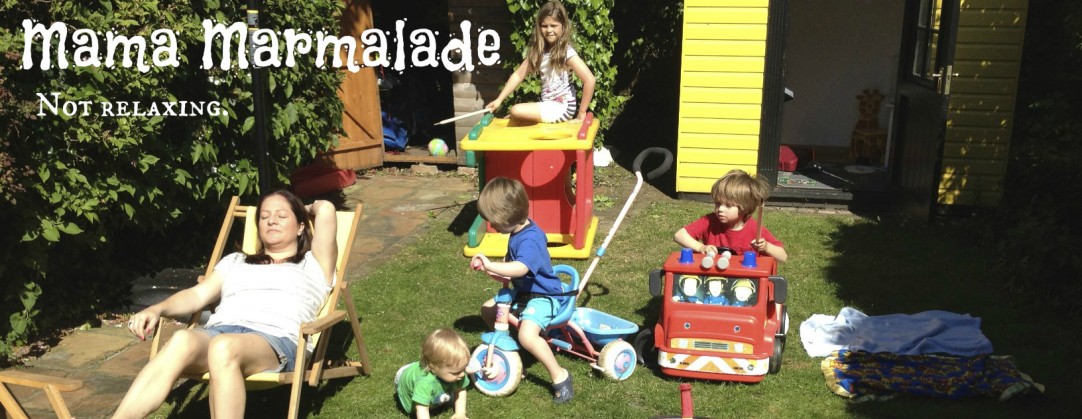Twelve Bittersweet Years
Today marks the twelfth anniversary of our twins births and deaths.
Each year since my blog has been around I write something on Ella and Jasmine’s anniversary to mark the occasion. It’s not a grab for sympathy or attention, but my way of highlighting a very special cause and hopefully helping people understand more about pregnancy loss grief.
Plus I find it very therapeutic on a day that I reserve for remembering my daughters.
Losing your baby at any stage of pregnancy is devastating. It’s a death. But for some reason the grief surrounding later term pregnancy loss isn’t something we as a society tend to acknowledge and it’s left to bereaved parents to try to help change the way people treat it.
That is not a criticism of people who haven’t experienced it themselves – why would they understand it if it hadn’t happened to them? But the way we don’t speak about it or hush hush around people who’ve experienced it is wrong.
What is it about pregnancy loss that makes people so uncomfortable?
That first year after my girls died is the worst year of my life. Hands down. I thought my pain would kill me and for quite a while I wished something or someone would. There was no exit from my grief and the only thing that healed it was time.
Time. Not something you can buy, or give to someone, or take a shortcut to. There is no way around it, you just have to go through it.
It’s also something you don’t want to hear from a well-wisher in those early days “you’ll get over it in time”. Although it is in part true, it’s not an even remotely helpful thing to say – quite the opposite.
You never ever think you will recover. You think you’ll never laugh again, or find pleasure in anything. For me, I couldn’t face the world so when people stopped calling to see if I was okay I simply shut everything out and hardly left the house for the best part of six months. I sat on my balcony and smoked thousands of cigarettes and wrote hundreds of pages of a journal.
There is something different about the grief surrounding pregnancy loss. When loved ones die – parents, grandparents, siblings or other people close to us – other people can relate to that. We as humans for the most part know how to comfort those around us who are grieving. But when it’s an unborn child that dies something changes.
The vast majority of people have no idea how to deal with it.
Being so far down the road of recovery now, I can look at the loss of our girls and speak about them without becoming emotional. People can say thoughtless and insensitive things and I won’t take it much to heart. But in those early days I was so acutely sensitive that things like the above had the potential to totally unhinge me or send me into a pit of resentment and depression that would be like ten steps back in my grieving process.
My comfort back in those first couple of years were the wonderful support network of other bereaved parents that I’d met online. Those first weeks I spent a lot of time trawling the internet looking for proof that I’d survive my grief because I didn’t think I would. I wanted to find someone who’d been through what I’d been through and had gone on to have more children and that they were happy. I needed to know that one day I’d be there.
… and here I am. Twelve years later. Four healthy living children. I’m happy. I’m normal. Ish.
I survived.
So if you are unfortunate enough to know someone who has suffered the loss of a pregnancy, ask them about it. Ask them how they are. Ask them if they named their baby. Talk to them and don’t pretend you don’t know. Bringing their baby up in conversation isn’t going to make them worse and I promise you they will be eternally grateful for your love and care.
For any other information or support following the loss of pregnancy at any stage or of an infant, two of the amazing women I met all those years ago have gone on to do wonderful things with pregnancy loss charities. You can find them at:

Leave a Reply